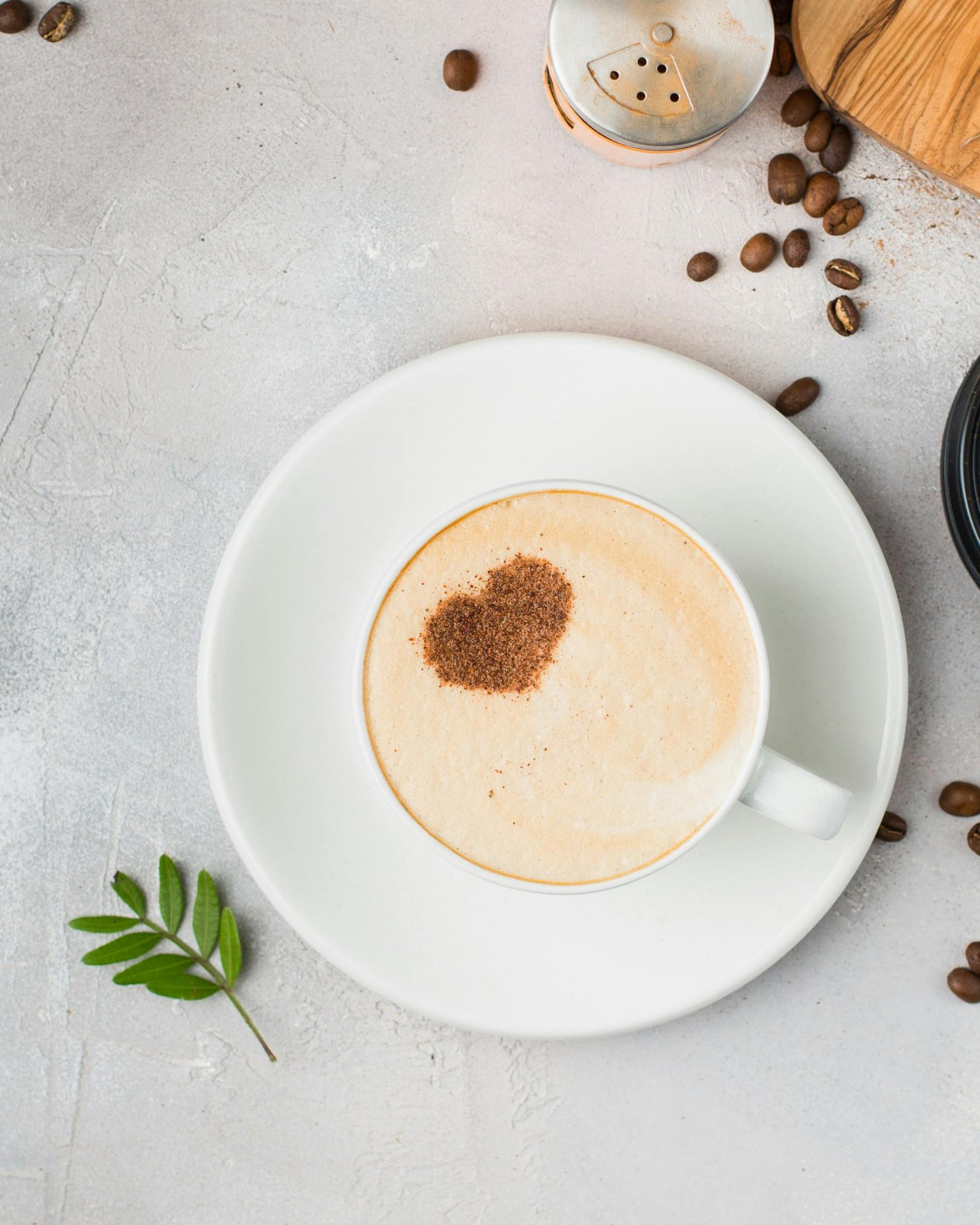You have a deadline, so you reach for caffeine – thinking you’ll get a boost. Your focus starts to slip, your mind wanders, and now you’re behind.
How Caffeine Tries to Sharpen the Mind
Caffeine blocks adenosine (your brain’s “time-to-rest” signal) and boosts dopamine. At the right dose—roughly 40–200 mg—it can improve reaction time, working memory, and concentration [1].
Research keeps repeating
- 50–200 mg (about ½–2 cups of coffee) can boost productivity and vigilance on mentally fatiguing tasks [2].
- Many students swear by caffeine for studying because short-term memory scores tick up after moderate doses [2].
- Caffeine gum vs. coffee? Chewables kick in faster (≈10 min) but fade sooner.
Where the Wheels Fall Off
Too much—or poorly timed—caffeine can trigger the opposite of focus:
| Crash Point | What You Feel |
|---|---|
| 250 mg+ at once | Jitters, racing heart, caffeine anxiety focus dip [3] |
| Afternoon refill | 2 p.m. high → 6 p.m. slump, caffeine brain fog |
| Nightly mega-doses | Sleep debt, irritability, long-term effects of caffeine on focus [3] |
Find Your “Just-Enough” Zone
- Start low. If coffee is new, begin near 50 mg.
- Time it. Caffeine peaks in 30–60 min; cut off by 2 p.m. to dodge bedtime fallout [1].
- Track the crash. If you spot caffeine crash symptoms—irritability, yawning—dial back 50 mg next day.
- Pair with protein or fat. Slows absorption and flattens the spike.
Smarter Tweaks & Alternatives
- Coffee-nap science: Drink ~100 mg, then power-nap 15 min. You wake as adenosine clears and caffeine kicks in—double lift.
- L-theanine combo: A 2:1 theanine-to-caffeine ratio can smooth jitters.
- Mushroom coffee focus blends (lion’s mane, cordyceps) swap half the caffeine for adaptogens—lighter buzz, fewer shakes.
- Cold brew vs. hot drip: Cold brew’s lower acidity can feel gentler on the gut, letting you work longer.
My Experience
I personally cut back on my daily coffee due to other health issues but I still enjoy an espresso or tea from time to time. I’ve found when I do drink it – the effect is much stronger compared to my previous daily intake. So if I need that little boost, I’ll have it but I don’t rely on it.
Takeaway
Caffeine can improve concentration or punch a hole in it—it depends on dose, timing, and your own sensitivity. Test small, track reactions, and keep non-coffee focus tools—breathing drills, short walks—on standby.
Source Notes
- Caffeine: pharmacology, clinical uses, and effects on performance NCBI Bookshelf
- Moderate caffeine improves vigilance and cognitive performance in healthy adults PubMed
- High caffeine intake is associated with increased anxiety and sleep disturbance in sensitive individuals PubMed
